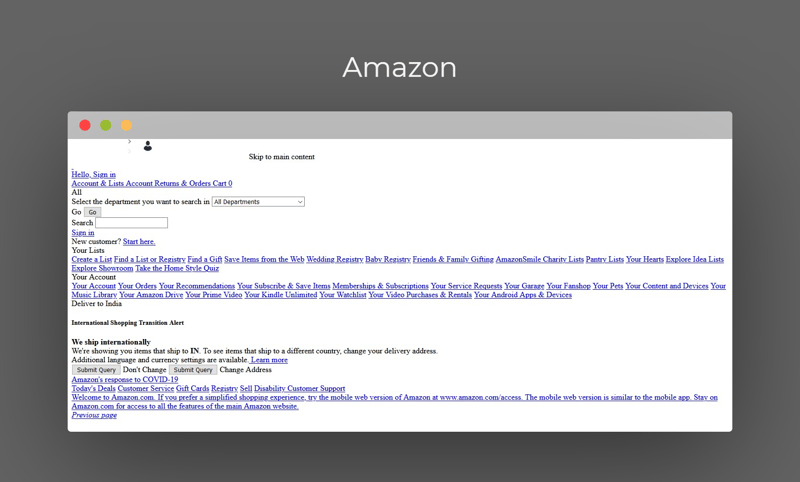Do we still need to learn UI?
27 Feb 2025

I would like to take the opportunity that the assignment has given me to discuss another topic that is still based on UI frameworks. That is, how relevant is it to still be learning UI frameworks in today’s day and age?
If you’ve read any other of my essays, it shouldn’t be new to you that my interest lies in AI. I’ve been following it for a while now and a question I’ve recently started pondering on is the relevance for new programmers to learn relatively “easier” skills such as front-end development. As we have recently seen, AI models have increased their performance on tasks all around. New models have been released every few months from various companies and the field is growing rapidly. The models in particular that I would like to discuss are the ones that thrive in coding and logic. We have seen that the benchmarks on these tasks have improved a lot over a few years and there’s no reason for development to slow its progress (A simple argument is that more advanced hardware will speed up training, allowing us to collect and analyze more data, etc.).
So then should we even continue to learn frontend frameworks?
Short answer, no. Long answer, Yes.
The reason the long answer is yes is because, despite AI’s rapid advancements, we are still not at the point where it can fully replace human intuition, creativity, and problem-solving when it comes to front-end development. UI frameworks are not just about knowing which components to use or how to structure a web page; they require an understanding of user experience, accessibility, and design principles, things that AI models struggle with in a context-aware manner.
Even though AI-powered tools can generate UI components or suggest improvement, they often lack the knowledge required for truly effective and engaging design. AI-generated designs may function well, but they can sometimes feel generic or fail to capture the specific branding needs of a company or product. Front-end development isn’t just about coding, it’s about crafting an experience, that requires human empathy and an understanding of user behavior that AI has yet to fully replicate.
Additionally, AI itself is still largely a tool that assists rather than replaces. Developers who understand UI frameworks can leverage AI to enhance their workflow rather than be replaced by it. AI can automate repetitive tasks, generate boilerplate code, and even optimize performance, but a human still needs to review, refine, and ensure that the final product meets both technical and user-centered requirements.
That being said, the short answer is also valid: No, front-end development as a pure skillset is becoming less critical for beginners. As AI continues to evolve, the barrier to entry for UI development is getting lower. What once required deep knowledge of Bootstrap/HTML/CSS might soon be achievable with simple AI-assisted prompts. This means that for those starting out in programming, focusing on broader problem-solving skills, systems thinking, or AI-related fields might be a more future-proof investment.
Ultimately, UI frameworks will still be relevant for a while, but their role is shifting. Developers will spend less time manually coding UI components and more time making strategic decisions about how to use AI tools effectively. Learning front-end frameworks today is still valuable, but in the long run, understanding how to work alongside AI might be even more important.